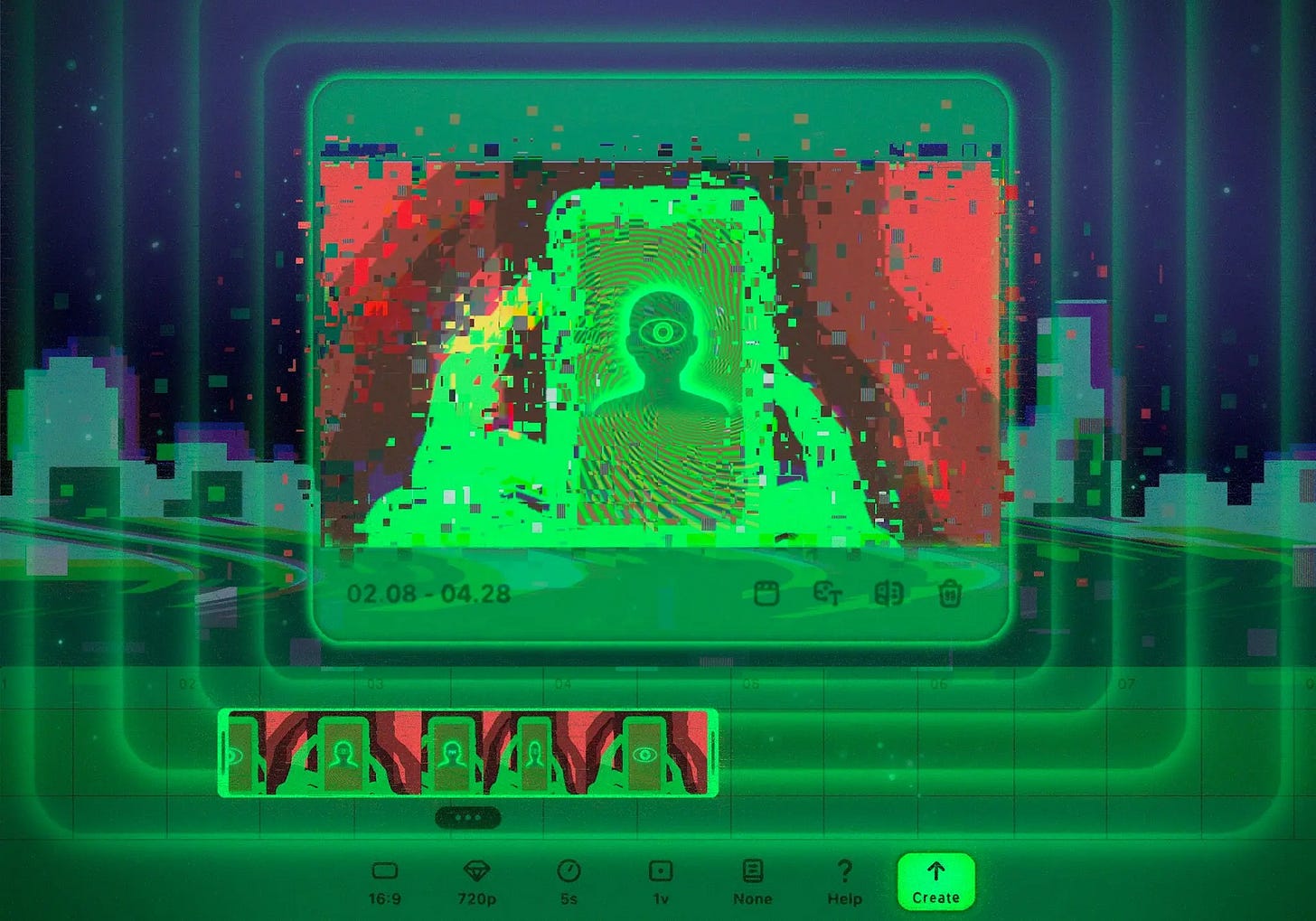Speed, Simulation, and the Human Aftermath
Truth blurs, code accelerates, and the systems we trust start to feel less stable.
Reality, labor, and memory are all under revision. Sora makes fiction effortless, turning video into suggestion rather than evidence. In the background, engineers rebuild software to match the tempo of the models themselves, trading versions for velocity. The economy starts to fracture along new lines, measured not in skills or hours but in access to compute. And TiVo, the little device that first gave us control over time, finally runs out of it; a reminder that even the tools that feel permanent are only temporary custodians of power.
A.I. Video Generators Are Now So Good You Can No Longer Trust Your Eyes
Brian X. Chen describes how OpenAI’s Sora app has become the most downloaded free app on the App Store and a tipping point for visual trust. Users are generating fake dashcam crashes, bogus news reports, and fabricated crimes. Hollywood is already flagging copyright violations, while researchers warn that the very idea of “video as proof” is collapsing.
Why it matters: Sora marks a c…



